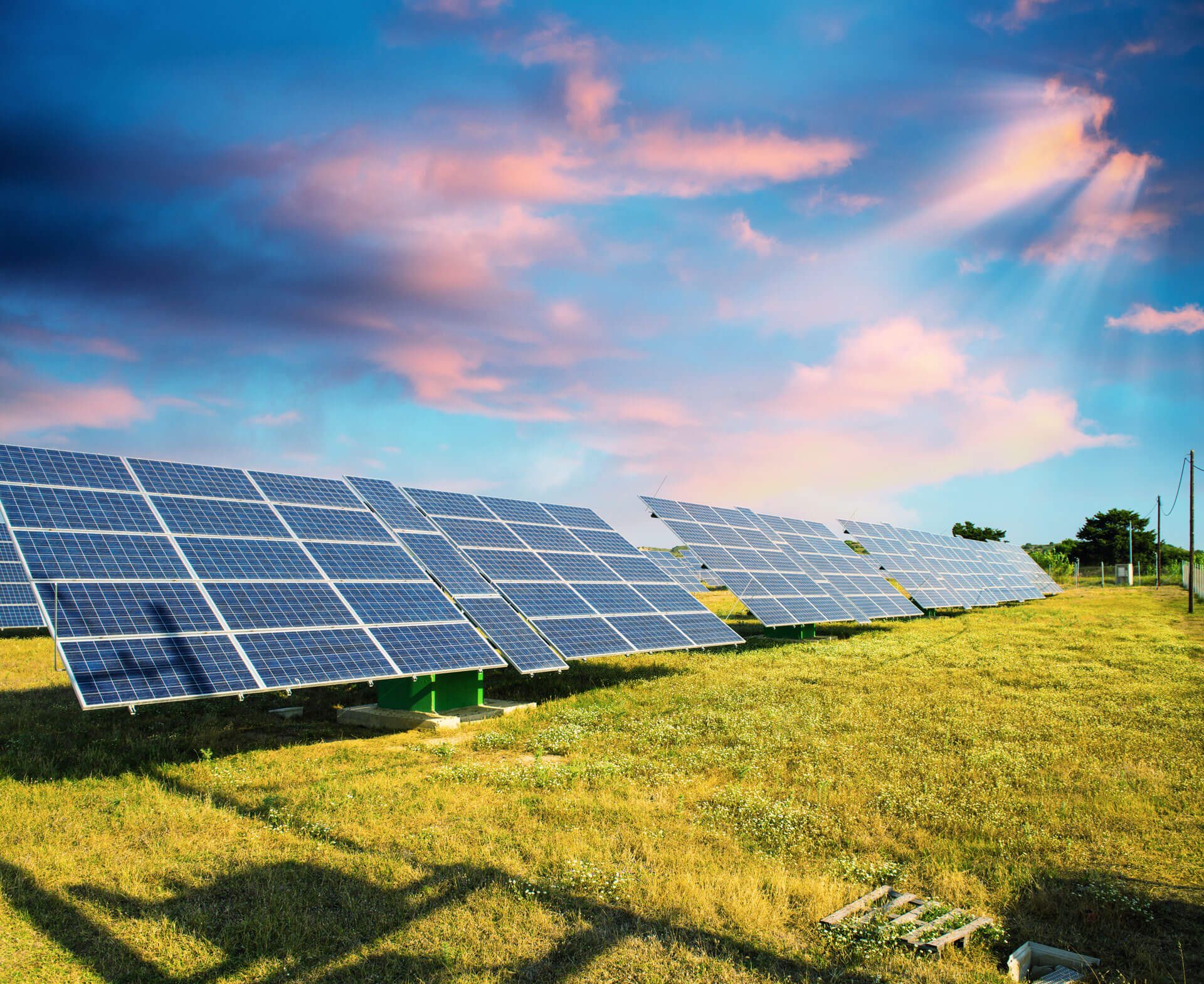A new solar power initiative in Colombia is projected to help low-income households reduce electricity expenses by 20–40%. Established under Decree 0972 of 2025, the “Colombia Solar” program shifts support for strata 1–3 households from recurring state subsidies to self-supply through solar panel installations.
The shift is expected to ease fiscal pressure by reallocating the more than 4 trillion pesos currently spent each year by the Solidarity Fund for Subsidies and Income Redistribution (FSSRI) on electricity subsidies. These funds will now support the installation of solar systems aimed at enhancing energy autonomy.
Households participating in the program will be able to cover their basic electricity needs with solar power. Actual savings will vary based on installation type and local sunlight conditions.
Initial pilot efforts will involve over one million users in the Caribbean and other regions, with plans to scale nationwide over time.
Key outcomes anticipated from the program include:
-
Lower household electricity expenditures
-
Increased self-sufficiency in energy supply
-
Progress toward just energy transition and lower CO₂ emissions
-
Development of clean energy industrial capacity and green jobs
-
More stable and predictable energy costs for low-income users
The program operates under Article 19 of Law 1715 of 2014, which recognizes solar power as a viable alternative to conventional subsidy models. Recent national energy data show clean energy sources—including solar and wind—now supply 11.2% of Colombia’s electricity, rising from under 2% three years ago.
Through the 6GW Plus Plan, the government aims to further increase renewables' share of national electricity generation to 21% by 2027.
![[SMM PV News] Armenia Hits 1.1 GW Solar Capacity,](https://imgqn.smm.cn/usercenter/qQwIB20251217171741.jpg)
![Spot Market and Domestic Inventory Brief Review (February 5, 2026) [SMM Silver Market Weekly Review]](https://imgqn.smm.cn/usercenter/tSwaX20251217171735.jpg)
![Silver Market Price Review and Expectations Brief Commentary (February 5, 2026) [SMM Silver Market Weekly Review]](https://imgqn.smm.cn/usercenter/fNuSg20251217171735.jpg)
